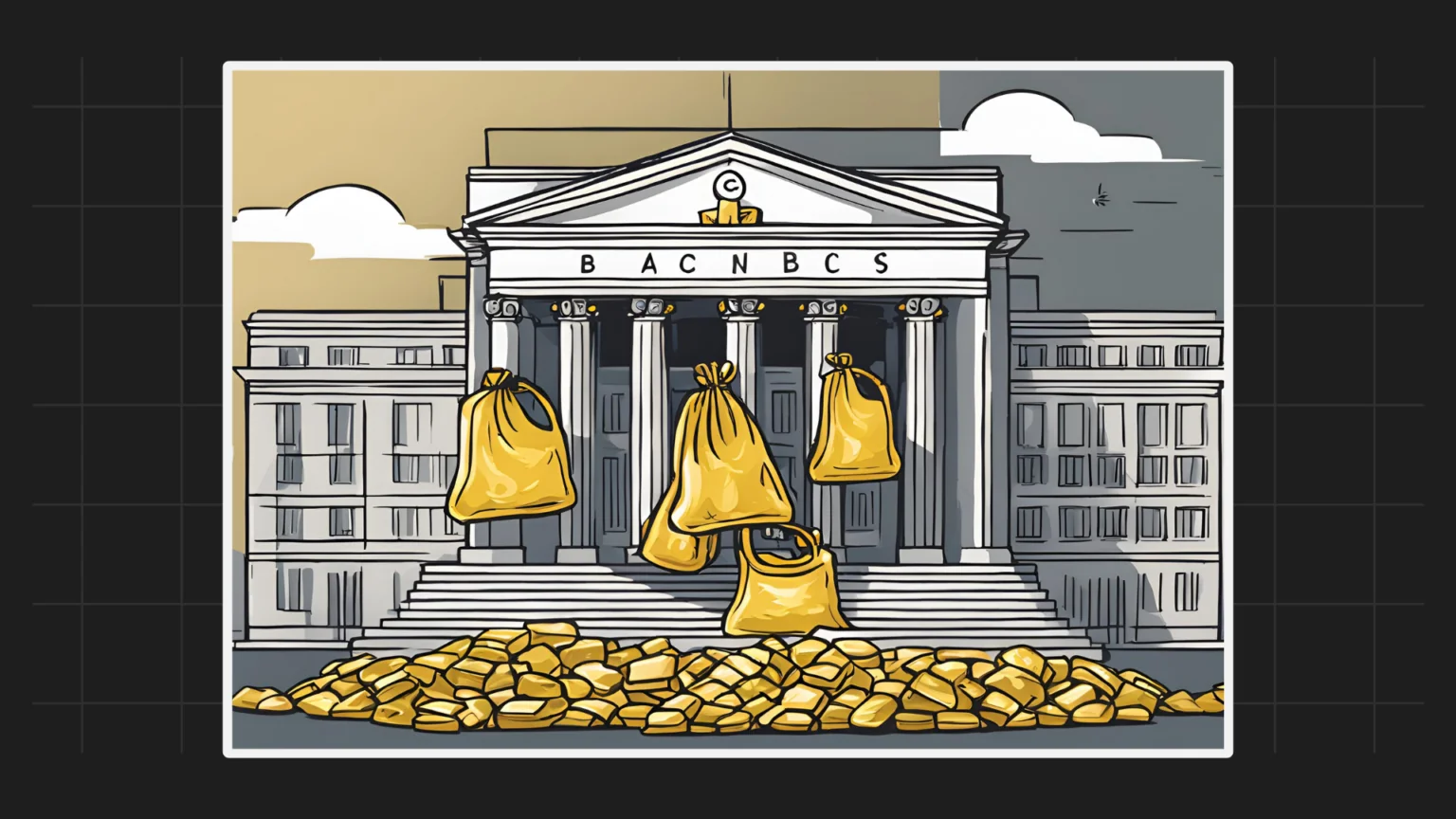Overcoming Emotional Investing: Lessons from the Market
Investing in the stock market often feels like an emotional rollercoaster. Many investors experience regret when their actions seem to trigger unfavorable movements in stock prices. For example, you might sell a stock, only to watch it soar higher. Or you might buy a stock, and then see it drop significantly. This common phenomenon can shake an investor’s confidence and lead to a cycle of regret and second-guessing.

Why This Happens
This pattern occurs because of how markets function around key resistance or support levels. When a stock revisits a previous high or low, significant activity typically happens. For instance, at earlier highs, many investors who have held the stock for a long time may sell to secure profits, creating a temporary dip. Conversely, when a stock drops to a notable low, panic selling can drive the price further down before it stabilizes or recovers.
For example, if you buy a stock at a perceived low point and it falls further, the regret and fear of larger losses might prompt you to sell prematurely. This selling often happens just before the stock begins its upward recovery, leaving you with missed opportunities and emotional turmoil.

The Emotional Cycle of Investing
The stock market thrives on human emotions—fear and greed being the most dominant. When you see a significant loss, the instinct to cut your losses can overpower rational decision-making. On the other hand, fear of missing out (FOMO) can drive hasty investments in stocks already at their peaks. These emotional reactions often lead to suboptimal results.
Take, for example, the case of Yes Bank. Many investors bought the stock at ₹40, only to see it plummet to ₹11—a 70% loss. Panicked selling locked in their losses. Later, the stock rebounded dramatically to ₹400, leaving investors who exited too soon feeling regretful. This emotional cycle undermines confidence and creates a lingering sense of failure.
Breaking Free from Emotional Investing
To succeed in the stock market, it’s essential to break free from emotional investing. Here’s how:
Set Clear Rules for Entry and Exit: Define specific criteria for when to buy or sell a stock. For example, decide to sell if a stock drops by a predetermined percentage to limit losses or buy only when certain technical indicators align.
Stick to Your Strategy: Avoid making decisions based on temporary market movements. Trust the process and maintain discipline, even when emotions tempt you to act otherwise.
Focus on Small Losses and Big Wins: A strategy that allows small, manageable losses while letting winners run can yield long-term success. Cutting losses early prevents major setbacks, while holding onto rising stocks captures significant gains.
Be Emotionless in Execution: Treat the stock market like a game of probabilities. Emotions can cloud judgment, but a well-defined plan will help you stay objective.
WeekendInvesting launches – PortfolioMomentum Report
Momentum Score: See what percentage of your portfolio is in high vs. low momentum stocks, giving you a snapshot of its performance and health.
Weightage Skew: Discover if certain stocks are dominating your portfolio, affecting its performance and risk balance.
Why it matters
Weak momentum stocks can limit your gains, while high momentum stocks improve capital allocation, enhancing your chances of superior performance.
Disclaimers and disclosures : https://tinyurl.com/2763eyaz










